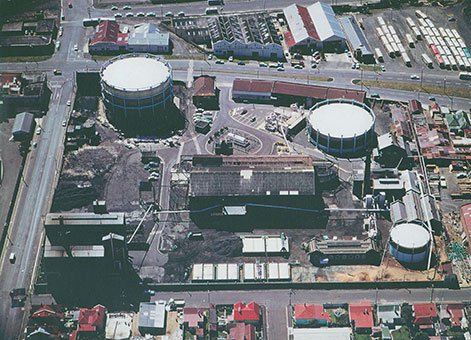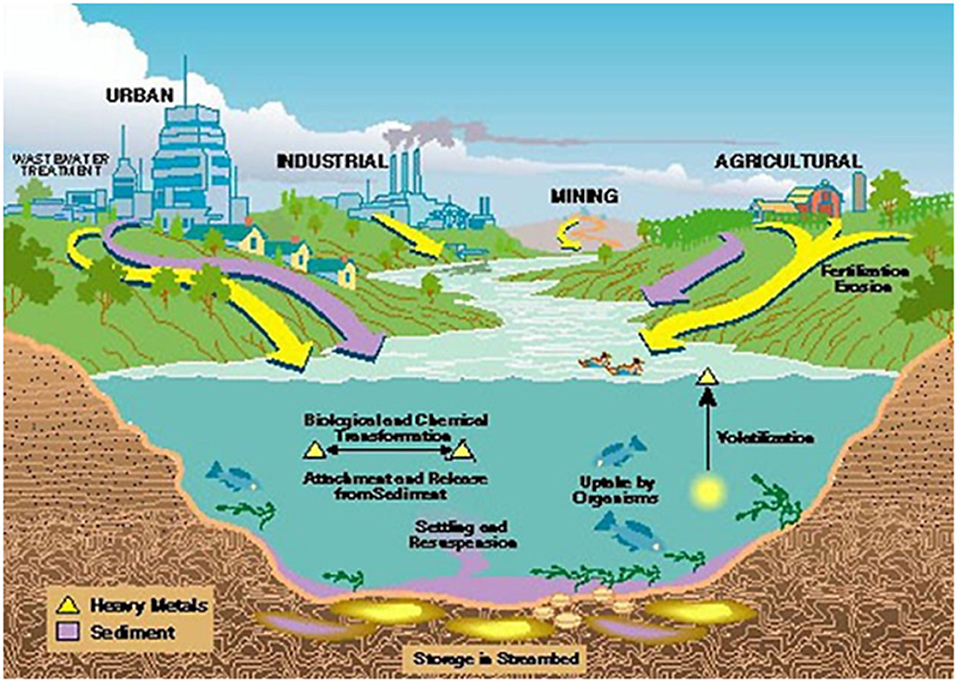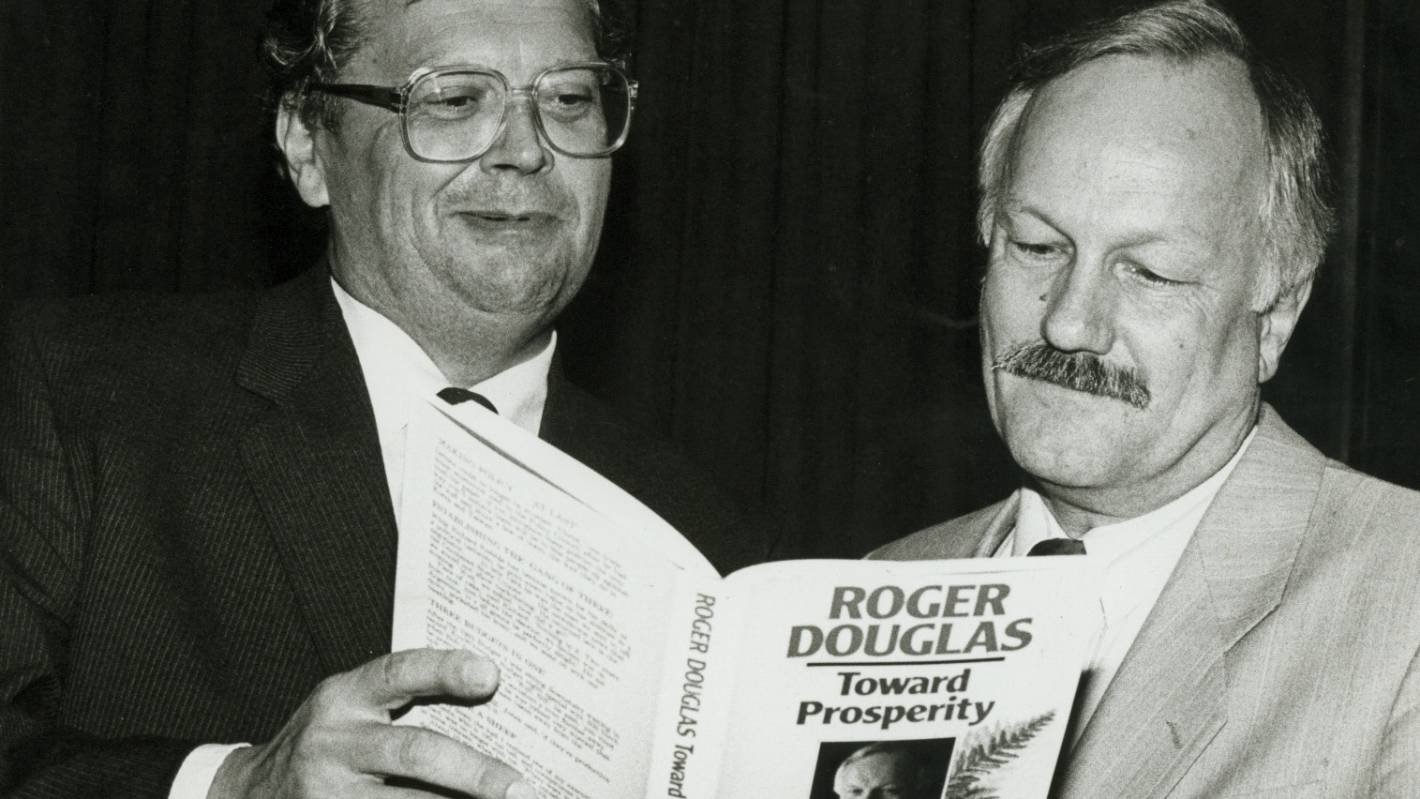by Ben Vidgen, the Dyslexic Detective
https://postman-productions.com/

which the DCC knew of since the 1980’s and repeatedly buried its findings
HISTORY NEVER REPEATS YEAH RIGHT – The sad thing is when considering the source of the lead contamination in Karitane, with highest readings found in the property next to where I live, just how may options there are to consider. Going back to past disasters, which are literally just coming to the surface now, carried down the coast by the ocean Antarctic current, to present day operations including gold mining (where arsenic, cadmium, copper, lead, zinc, enters stream waters). My recent investigation of past events such as PB contamination of South Dunedin and current Ouvea in Southland from Tiwai (where national papers repeatedly called the toxin by its manufactured name while omitting the numerous and highly carcinogenic substances which made up Ouvea and misreported it hazard classification repeatedly to the point of deliberation) leaves me with concern.

Specifically relating to the confidence with which the Karitane community should have in “independent” investigations to identify the source, assess the risk, and respond accordingly to it.
I believe in light of the past record on these issues the local community itself should be left in charge of this procedure with the DCC/Govt footing the bill to insure it is truly independent in its finding and interpretation of the data. I am up North currently so admit to not being in the loop regarding all these factors. Yet I am interested to known what steps have being taken to assure transparency over council/government investigation of these issues and what discussion have taken place regarding legal redress of these issue.

The New Zealand Law Society calls Class action a tool for levelling the playing field when the public seeks it day in court.
This includes but are not limited to an evaluation of the use of class action which are increasingly proving an effective and affordable (to the public) counter measure to the expensive (and there fore providing limited public access) measures of the environmental courts

As to give an example is the 2013 case (followed quickly by territorial authorities being made responsible for ”the prevention or mitigation of any adverse effects of the development, subdivision or use of contaminated land”) of the DCC’s re-discovery of heavy metal PB contamination of South Dunedin. This is were the person who conducted the original 1989s study was told literally to “bury” his findings. It soon became apparent what the financial cost of a clean up was – namely more than the DCC wanted to pay.
The 2013 case of rediscovery of this long known about issue was also a case of the council holding many huis but ending up with little dooey, visa the toxic of heavy metal contamination of water and soil.

I am also curious, as some one who has repeatedly written about big businesses increasingly obvious moves to privatise water (with the water regulation bill [submission ending March 2 I think} and noted a series of convenient events — which have boosted the question of regional/local councils ability to manage uninvested infrastructure to the fore. I see this as a replica of the story which saw private companies brought into manage electricity’s infrastructure to only then be allowed to privatise it in the 1980’s. I find my self asking whether these issues are as new as we have being led to believe. Or wether these are issues, once you view the bigger picture with which these event are back dropped, were always well known about but long ignored. Environmental health crises which are now however being allowed to surface as it is now politically convenient for these issues to be aired.

I for one as a political science and history graduate remain deeply cynical as to the influence of large infrastructure based companies in key local bodies such as the Local Government Authority. The latter is not a ministry but in fact a defacto lobbying tools of big business and a direct part of the 1980’s Rogernomic’s strategy of amalgamate and privatise. Ditto the nature of ‘consultants’ to be found advising and assisting councils on water management. Such such as Opus International Consultants ( who formed out of the privatisation of Ministry of Works and Development) and URS New Zealand Ltd (URS) who leads the Dunedin 3 Water strategy.

In 2002 Opus was one of the big firms who contributed to the 2002 Auckland Conference: ‘Effectively developing a user pays approach and effective governance of PPP projects (named by Scoop media as a “Secret conference to privatise water” ) whose goal was “Establishing and Funding Public and Private Sector Partnerships Practical lessons from overseas applied to NZ”. The ‘advises’ effectively seek to develop a user pays approach to the use of water by New Zealand public.
So take this history, combine it with the present day but virtually un-reported Water Regular Bill, mix that with the certainly non reported State Sector Reform Bill (an act which permit Ministers to write literally blank cheques to private tenders without oversight and other nasties under the proviso of covering the “big issues”) it is certainly looking that way. I have sat back for the past three years now and witnessed with increasing frequency such forces become masterful experts in the art of creating opportunity from crisis.
So what I would really like to know, on behalf of my community and my own mother Jenny Vidgen who died of dementia bowel cancer last year and lived in Karitane for over thirty years, is just how far back the contamination goes and just how recently was the testing of water for the specific contaminants introduced? And why?
Published by BENS WORLD – an interesting read with your coffee.
Ben has worked as investigative journalist, researcher and writers for a number of NZ/Australian publications, radio stations, as well as working for universities, NGO and commercial clients, as well as being a best selling author (State Secrets 1 & II [Return Fire]) specialising in organised crime and national security issues. With a degree in history and political science specialising in political violence and counter terrorism Ben spent six year in New Zealand Army territorial (reserves) serving in the Royal Artillery and the infantry with posting in signals, artillery intelligence, field and counter intelligence, reconnaissance and as a rifleman & platoon grenadier. Ben also has decades of experience in all aspect of the hospitality and tourism industry (from kitchen hand to marketing and promotions) through out Australasia as well a having strong root in the arts community of New Zealand’s South Island his beloved home and were he prints his own cafe publications and books . View all posts by BENS WORLD – an interesting read with your coffee.

Get your copy from our Online Store or your local book and magazine retailer
Australian Retail Locations » Uncensored Publications Limited
New Zealand Retail Locations » Uncensored Publications Limited
As censorship heats up and free thought becomes an increasingly rare commodity, we appeal to our readers to support our efforts to reach people with information now being censored elsewhere. In the last few years, Uncensored has itself been censored, removed from the shelves of two of our biggest NZ retailers – Countdown Supermarkets and Whitcoulls Bookstores – accounting for 74% of our total NZ sales.
You can help keep the Free Press alive by subscribing and/or gifting a subscription to your friends and relatives.








